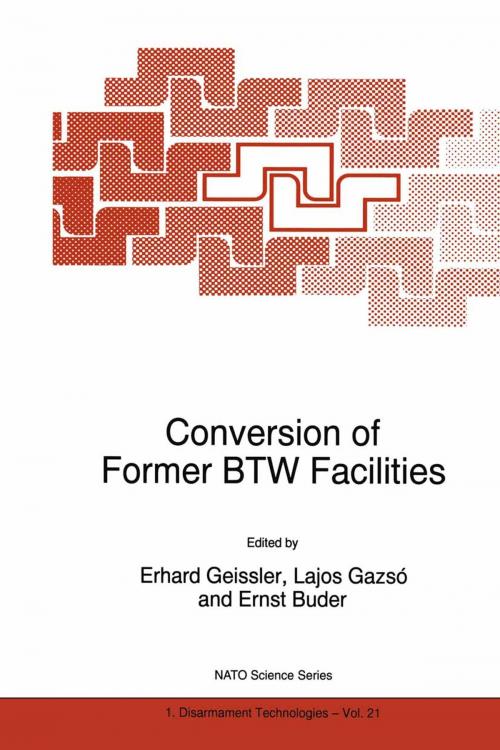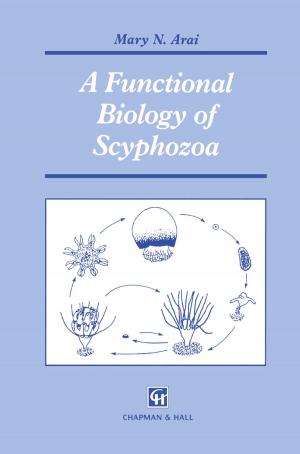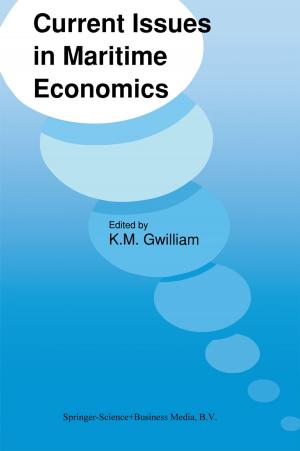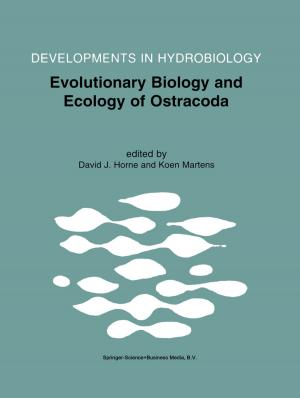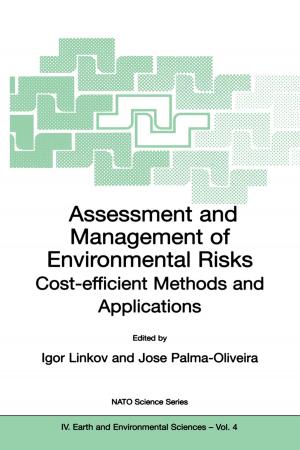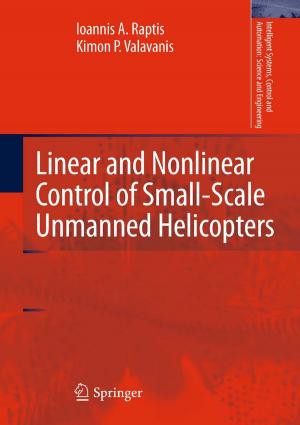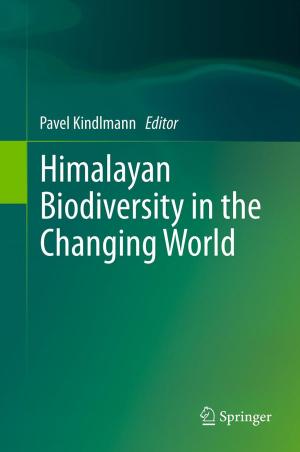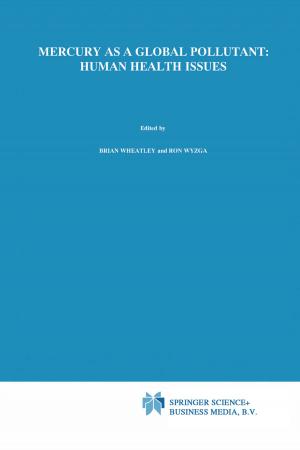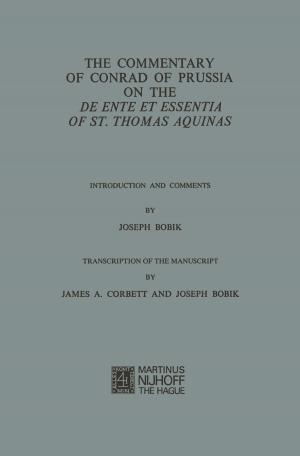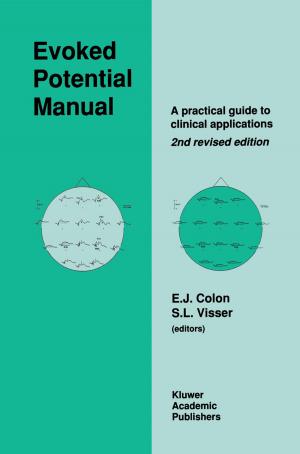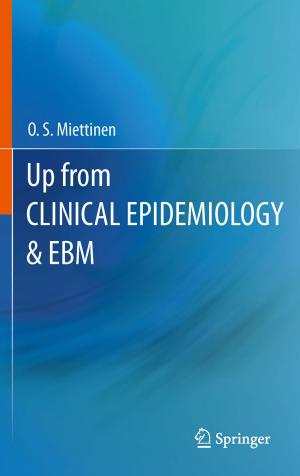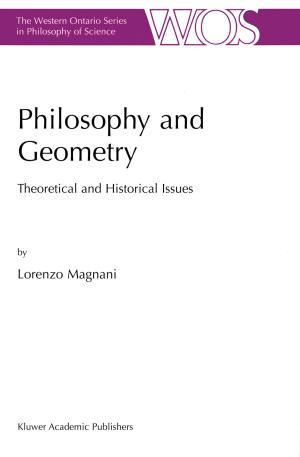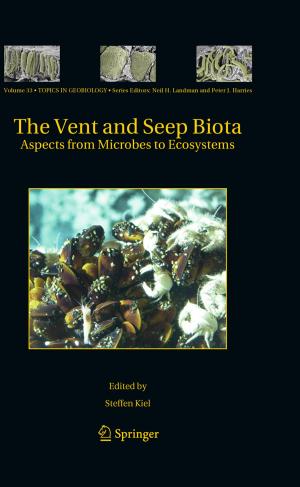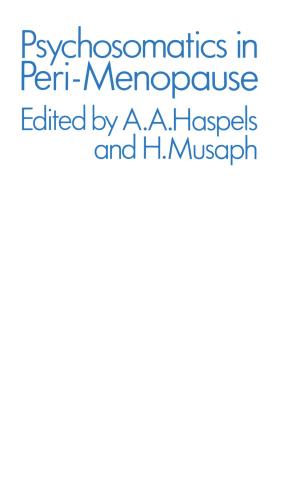Conversion of Former BTW Facilities
Nonfiction, Reference & Language, Law, International, Social & Cultural Studies, Social Science| Author: | Erhard Geissler, Lajos G. Gazsó, Ernst Buder | ISBN: | 9789401153065 |
| Publisher: | Springer Netherlands | Publication: | December 6, 2012 |
| Imprint: | Springer | Language: | English |
| Author: | Erhard Geissler, Lajos G. Gazsó, Ernst Buder |
| ISBN: | 9789401153065 |
| Publisher: | Springer Netherlands |
| Publication: | December 6, 2012 |
| Imprint: | Springer |
| Language: | English |
The development, production, stockpiling and use in war of biological and toxin weapons are prohibited by international law. Although not explicitly stated, the two treaties outlawing such activities, the Geneva Protocol of 1925 and the Biological and Toxin Weapons Convention of 1972, prohibit the continuation of activities previously performed in Biological and Toxin Weapons facilities not justified for prophylactic, protective or other peaceful purposes. Because conversion and other means of cessation of former BTW facilities are not explicitly addressed in the treaties mentioned above the problems involved in conversion ofBTW facilities have thus far only been discussed marginally in the open literature. In times of increased awareness of the danger of biological and toxin warfare (including the increased danger of terrorist use of biological and toxin weapons) it seemed necessary to us to invite experts from different parts of the world to discuss the pros and cons of conversion and the problems involved. It also became obvious to us that the conversion of former BTW facilities should be discussed with respect to the necessity of peaceful internatioual cooperation in areas related to the Biological and Toxin Weapons Convention. An additional reason to discuss matters of peaceful cooperation is that cooperation is explictly requested by Article X of the Biological and Toxin Weapons Convention.
The development, production, stockpiling and use in war of biological and toxin weapons are prohibited by international law. Although not explicitly stated, the two treaties outlawing such activities, the Geneva Protocol of 1925 and the Biological and Toxin Weapons Convention of 1972, prohibit the continuation of activities previously performed in Biological and Toxin Weapons facilities not justified for prophylactic, protective or other peaceful purposes. Because conversion and other means of cessation of former BTW facilities are not explicitly addressed in the treaties mentioned above the problems involved in conversion ofBTW facilities have thus far only been discussed marginally in the open literature. In times of increased awareness of the danger of biological and toxin warfare (including the increased danger of terrorist use of biological and toxin weapons) it seemed necessary to us to invite experts from different parts of the world to discuss the pros and cons of conversion and the problems involved. It also became obvious to us that the conversion of former BTW facilities should be discussed with respect to the necessity of peaceful internatioual cooperation in areas related to the Biological and Toxin Weapons Convention. An additional reason to discuss matters of peaceful cooperation is that cooperation is explictly requested by Article X of the Biological and Toxin Weapons Convention.
